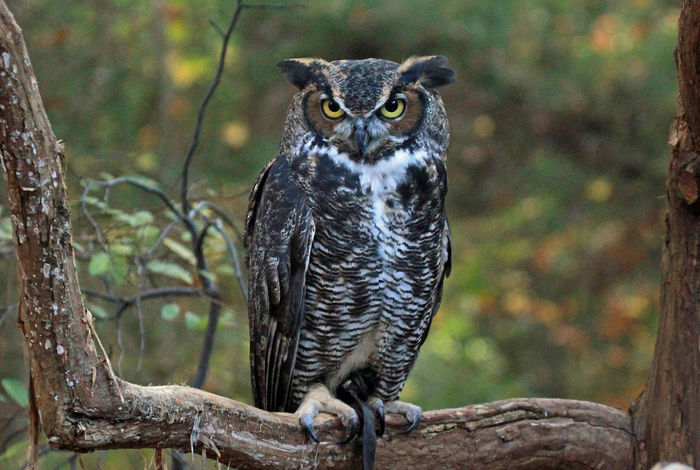This activity does not have any upcoming sessions open for registrations on ActivityHero right now. We can send you an email when they do.
BACKYARD SCIENCE
Mondays, September 9-December 9 (no class Oct 14, Nov 25; 12 weeks)
9:30am-10:45am
Ages 6-10
Kids study the science of our own backyard as they explore relationships between biotic (living) and abiotic (non-living) factors that determine the diversity of organisms in our environment. When weather permits, we conduct ecological experiments at our outdoor classroom (we walk them to the fenced area at the end of our building). All lab costs are included in the registration fee.
Instructor: Ashley Blocker, BSc
Location: Science Center (suite 5)
Full semester - $220 OR $20/lab
10% off sibling discount
Register for full semester or individual labs.
LAB SCHEDULE:
LOG ECOLOGY - Monday, September 9
Students learn about biotic and abiotic factors in the environment and make scientific observations about what they see, hear and feel while dissecting a log habitat.
ANIMAL TRACKS - Monday, September 16
Students study the different tracks animals leave behind and what that can tell us about how they move. Students discover how scientists use tracks in their research and create a casting of an animal track to take home.
POLLINATION SCIENCE - Monday, September 23
Today, we study the importance of pollination of flowers, how insects see flower petals differently than we do, investigate pollen under a microscope, and simulate the pollination process.
INVASIVE AND KEYSTONE SPECIES - Monday, September 30
This week, students learn about the impact invasive and keystone species in our area have on our local ecosystem and examine some of these species up close.
FUNGI AND COMPOSTING - Monday, October 7
Students the biology and diversity of fungi as they dissect a mushroom, investigate how they grow as decomposers and learn the basics of composting with old pumpkins.
DIRT AND ROCK SCIENCE - Monday, October 21
We explore the importance of different soils in our ecosystem and how dirt acts as a filter to keep water clean. We also look at different rocks and minerals found in our backyards and identify them.
iNATURALIST CITIZEN SCIENCE - Monday, October 28
Kids learn about plants and animals native to our area and then use the iNaturalist app to conduct citizen science research.
CAMOUFLAGE - Monday, November 4
We investigate how protective coloring can help animals hide from predators and prey, and then send the kids out into the yard to conduct a camouflage toothpick experiment.
BIRD BEAK ADAPTATIONS - Monday, November 11
We study advantages and disadvantages of different bird beak shapes as we forage for different types of bird food, and learn why not all bird beaks are the same.
OWL FOOD WEB - Monday, November 18
Students learn about food webs and owl pellets as they dissect their own owl pellet to see what their owl ate.
POND ECOLOGY - Monday, December 2
This week, we use microscopes to investigate the diversity of microscopic plants, animals and protozoans that inhabit local pond ecosystems.
WATER CYCLE AND POLLUTION - Monday, December 9
Students play a water cycle game to learn how water moves through the environment and conduct an experiment to see how pollutants spread through a landscape.









